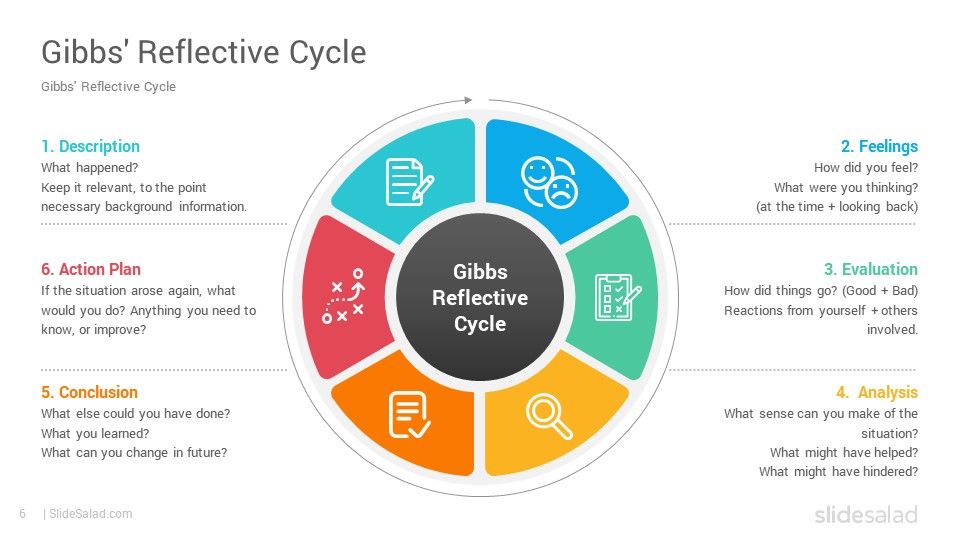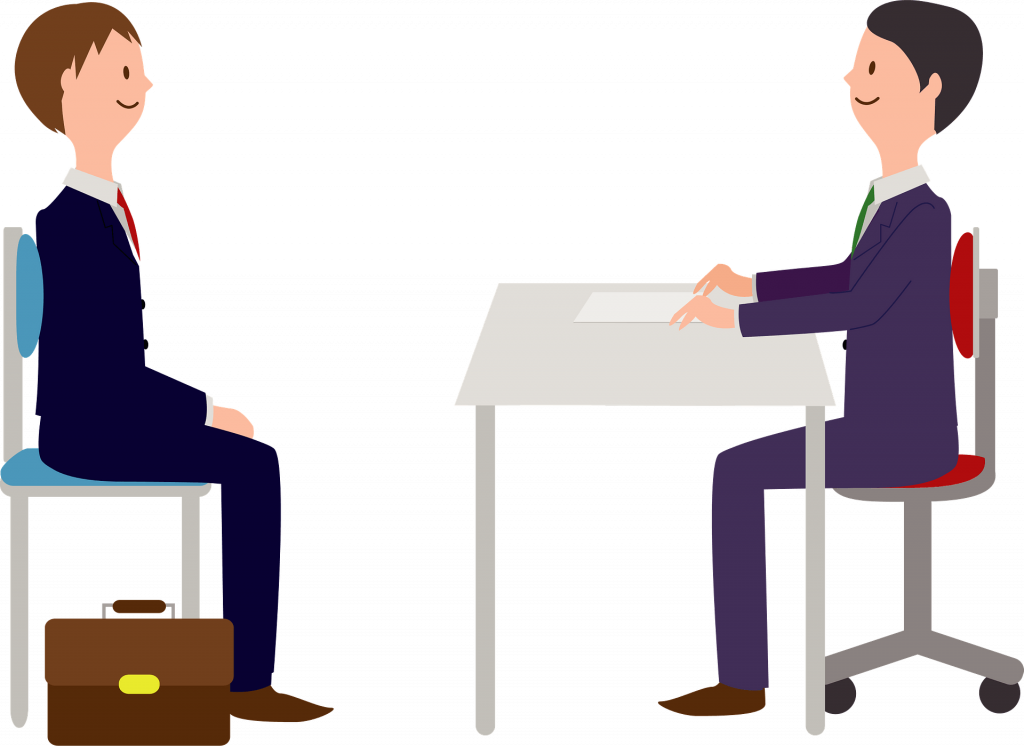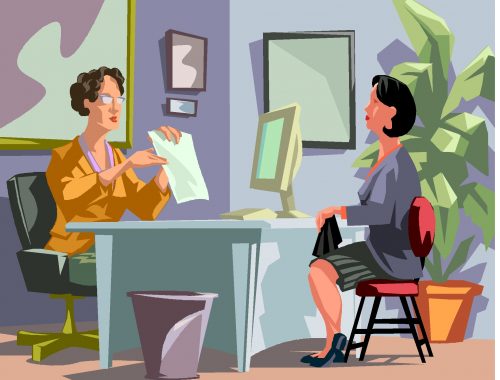Calming The Nerves

Introduction
In the third week of our AEL work placement module, our cohort undertook simulated interviews. These were done to give us the experience of partaking in a dry run of a job interview where we could better understand what would be expected of us, without worrying about securing a job and the various stresses that comes with the real thing.
Gibb’s Reflective Cycle

To reflect on the experience of undergoing the simulated interviews with my peers, I will be employing Gibb’s Reflective Cycle (Gibbs, 1988), as I find it is well suited to the topic of job interviews. This is because the simulated interviews are designed to prepare us for real interviews, so that we know what to do differently next time, and Gibb’s cycle helps to go into depth about how to take what you have learnt from the experience and how it can be applied in future. It contains 6 stages; the first of which is a description, followed by feelings, then evaluation, analysis, conclusion and finally an action plan.
Description
The simulated interview played out exactly how any real interview should. I entered the room and was met by my classmates posing as potential employers to whom I extended my hand to shake. Each of them had prepared several questions to ask me based on the job description I had chosen to apply for. My chosen job was as a freelance videographer for an Irish tourism company. I was asked questions such as “what experience do you have in the field of filming and editing?”, “what made you choose this job?”, “can you name a time you filled a leadership role?” and “can you name an example of when you resolved a conflict?”. Ahead of the meeting I had revised my CV and prepared for questions like this and so I had answers to give for each of them, except for the question of resolving a conflict, when asked this I struggled to think of an answer and was not able to provide what they were looking for. When the time had elapsed, I thanked my interviewers for their time and received my feedback sheets from them.
Feelings

Even though I knew the interviews were not real, I felt quite nervous ahead of going in, as Gregory, Healy and Mazierksa write, “few of us are immune to the terror of interviews and it is perfectly normal for the adrenaline to be flowing”(2008: 108). It didn’t matter that I didn’t have to worry about getting a job, I was still anxious about slipping up or looking unprepared in front of my peers. These feelings of anxiety subsided as I took my place in front of the interviewing panel, and once I began giving my answers to their questions, I even felt quite confident in myself. That was until I found myself unable to answer their question about a time when I resolved a conflict. At this point, I began to stress myself out and I became quite flustered, losing my train of thought. I was able to calm myself down and gain some composure by simply admitting defeat and moving on to the next question which I was more confident in answering and therefore able to gain more confidence in myself again.
Evaluation
Having received written feedback from my simulated interviewers, I have a better understanding of what went well, as well as what I struggled with. Firstly, I succeeded in providing well-thought-through answers to almost all the questions they posed to me. In addition to this, I was very confident and professional in my way of speaking, as well as maintaining good eye contact throughout. Lastly, they said I had an overall good attitude towards them and the process in general. However, there were some areas for improvement which they addressed. Primarily, it seems I had been rocking in my chair during the interview which became quite distracting for the interviewers. Furthermore, by not providing an example of a time in which I resolved a conflict, I came across as unprepared and somewhat unfit for the position.
Analysis
On reflection, I recognise that I would have been able to provide a more complete set of answers to their questions had I put a little bit more time into my preparation ahead of time. I had not prepared myself for them to ask a question like that when I should have known it was a standard interviewing question. In addition, I realise that the rocking in my chair was a way of coping with my nerves and that my confidence may have come more from distracting myself by swinging back and forth than from giving my answers to their questions.

Conclusion
I found the simulated interviews to be very helpful as a way of preparing us for the real thing once we enter the world of job searching after graduation. I’ve learnt the types of questions I will face and the standard of answers which will be expected of me. As well as learning what mannerisms are favoured in the circumstances, such as handshakes and strong eye contact, and which are seen to be unprofessional, such as rocking in the chair.
Action Plan
“Those who approach the new learning experience from a history of success in similar situations may be able to enter more fully into thew new context and draw more from it”
Boud, Keogh and Walker, 1985 : 22

In future, I will ensure I have studied the job description for the position I am interviewing for and build a more tailored plan of answers for the types of questions I am most likely to be asked. Furthermore, I plan to train myself out of any sort of physical nervous tics so as not to come across as anxious or unprofessional to potential employers.
Bibliography
Boud, D., Keogh, R. and Walker, D. (1985). Reflection: Turning Experience into Learning. London: Kogan Page; New York.
Gibbs, G. (1988). Learning by Doing: A Guide to Teaching and Learning Methods. London: FEU.
Gregory, G., Healy, R.J. and Mazierksa, E. (2008). Careers in Media and Film The Essential Guide. London Sage Publications Ann Arbor, Michigan Proquest.
Do You Have Any Questions?
You May Also Like

Working with a Production House
30 November 2022
Interview a New You! – Becoming an Interview Guru
24 February 2023
